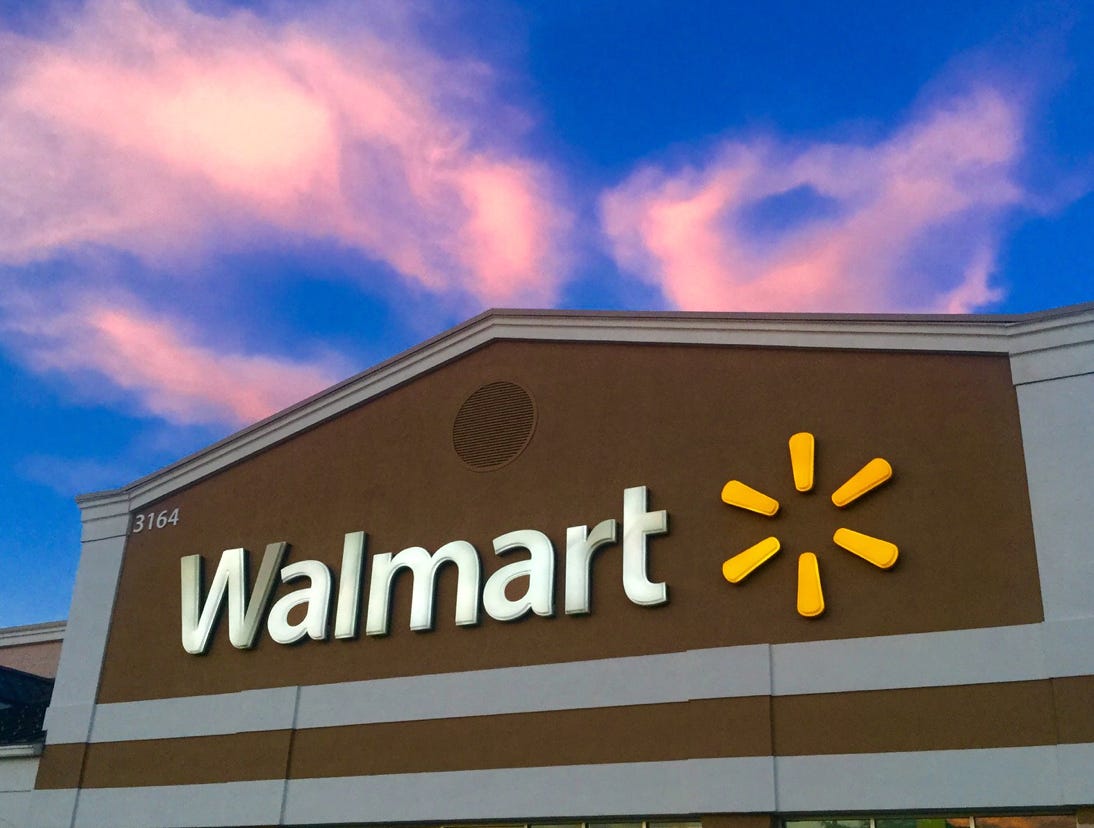My family still lives in the same small-town where we all grew up — you know the sort of town either because you grew up there or because you’ve driven through it. Almost nobody moves to a town like this. A lot of people are born here and stay here. But some people move away and then come back. We come back sometimes in the summer and stay in a small house nearby.
Anyway, on the second night back home, we were sitting on the couch watching the new episode of Barry when an awful wail broke through on the baby monitor. You know how the next minute goes: we paused the show, shot worried glances at each other, then we turned our worried glances to the baby monitor. And the wail broke through again.
This was not a he’s-going-back-to-sleep wail it was a oh-god-why-have-you-forsaken-me wail, so we rushed into the bedroom. The baby was standing in his crib, wobbling and alternatively screaming and coughing up something vile. He was hot to the touch. Somebody grabbed the forehead thermometer and it blinked red and the little digital screen said 101.2 degrees. Because we are rarely here, there’s no baby Tylenol in the house. Walgreens was closed, so I was sent to Walmart.
If you are from one of these small towns, you know what a Walmart can do to it. If you’re not old enough to remember the Walmart coming in, you know because you regularly drive past the wreckage — the trash-blown parking lots beside empty shopping centers, the formerly Rockwell-esque Main Street with nothing on it anymore except a few niche shops1 and a gas station at each end. If you’re old enough to remember the Walmart coming in, you remember how that went too. How everybody said they were boycotting Walmart, they were going to keep the town and the community alive. They were going to support small businesses. Maybe somebody even said they heard about a town in New York or Massachusetts where they kept the Walmart out.
But within a few years, Walmart triumphed and the small businesses — the music shop, the toy store, the furniture store — they vanished. Maybe it’s not so sad, it’s just the way America works. What did you expect? That the people who worked at the small local businesses and the people who owned the small local businesses would stand together against the invading corporation — no, no, you didn’t expect that. Because that sounds a bit too much like communism and communism is not tolerated in a small town.
I was thinking about all that when I walked into Walmart at 10:13pm.2 To be honest, I’m usually thinking something like that when I walk in there. Or I’m wondering who I’ll see in the grocery aisles (in a small town Walmart, you always run into somebody you know in the grocery aisles).
In our Walmart, the baby section is in the back, by the dairy and electronics sections.3 It’s been there for as long as the Walmart has been there. Or maybe it hasn’t, but I can’t remember it being anywhere else. I can’t remember it being anywhere else because before a year ago, I never spent any time in the baby section.
That’s how life in a small town works and, synonymously, that’s how a Walmart works — as you move through the stages of your life, you move from one section to another in the store. You’re a kid and you hang around the toy section on the side. It’s not a great toy section but where else are you going to get action figures and nerf guns? Then you get a bit older and you spend most of your time in the electronics section in the back, hunting down new music.4
After the electronics section, you probably move away for a little bit. Not a long time, but you go to college or something like that. You meet a girl in the next town down over. You start spending more time outside the small-town. But then, sooner or later, you come back.
For millions of Americans, this is how we go through life — in the cycles of Walmart. But again, maybe it’s not so bad. Consider the first-time father buying infant Tylenol at Walmart in the middle of the night. He is slightly frazzled, he needs a shave and a clean shirt. But again, it’s not so terrible; it’s not so sad. Because they have what this first-time father needs at Walmart. It takes him a few minutes to find the baby Tylenol on the unfamiliar shelves. But it’s there. Everything is there in Walmart.
P.S. — last week, I wrote about America’s shifting opinions of January 6th for The New Republic. Here’s that piece.
The main reason these businesses along Main Street survive is only because they sell something you can’t get at Walmart. Maybe they’re barber shops or florists or museums or churches. You can’t buy good flower arrangements or God at Walmart.
Walmart is open 24-hours-a-day. Walmart doesn’t need sleep.
actually, all Walmarts are like that. They do it on purpose. They know how our brains work and they’ve designed their floor layouts to get us to spend the most money. That’s why the eggs and milk are in the back. Think of mice, scientists and cheese.
This theory of mine predates the streaming revolution. The kids aren’t getting their new music at Walmart anymore. They’re getting it on TikTok or Spotify or Soundcloud.




